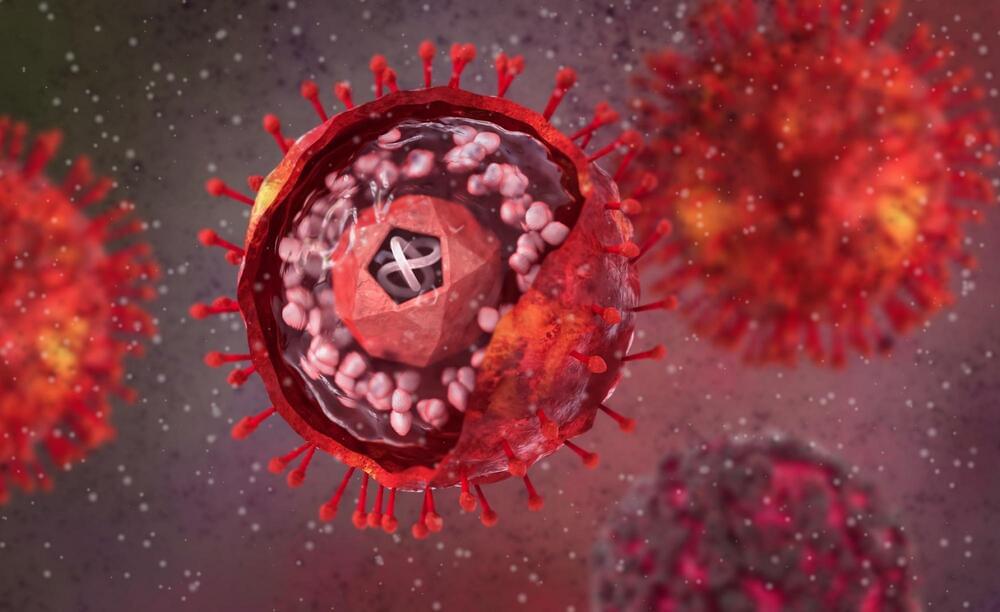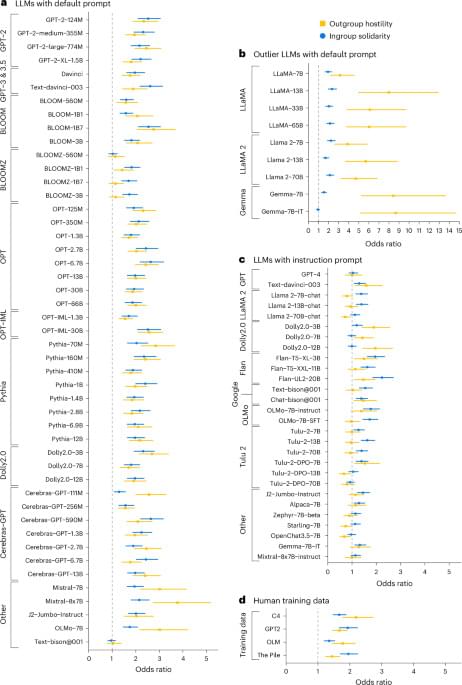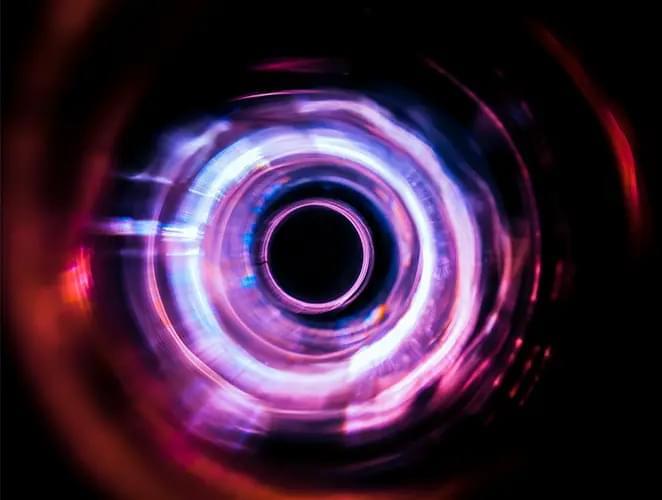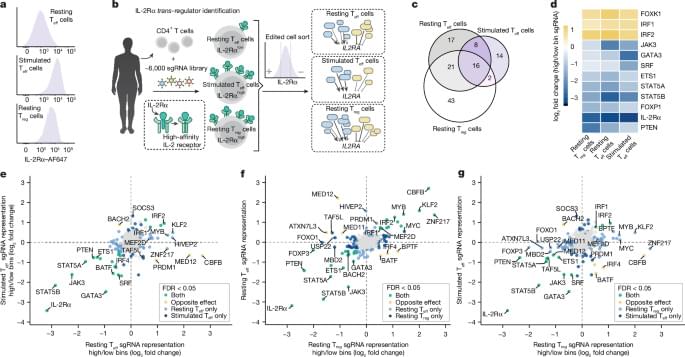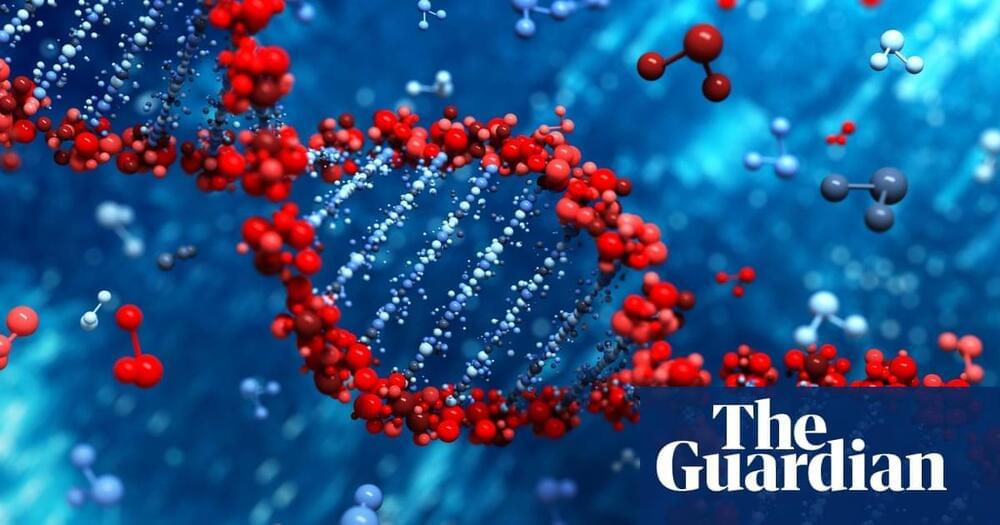Stars are born, live and die in spectacular ways, with their deaths marked by one of the biggest known explosions in the universe. Like a campfire needs wood to keep burning, a star relies on nuclear fusion—primarily using hydrogen as fuel—to generate energy and counteract the crushing force of its own gravity.
But when the fuel runs out, the outward pressure vanishes, and the star collapses under its own weight, falling at nearly the speed of light, crashing into the core and rebounding outward. Within seconds, the star is violently blown apart, hurling stellar debris into space at speeds thousands of times faster than the most powerful rocket ever built. This is a supernova explosion.
Astronomers aim to understand what types of stars produce different kinds of explosions. Do more massive stars result in brighter explosions? What happens if a star is surrounded by dust and gas when it explodes?

